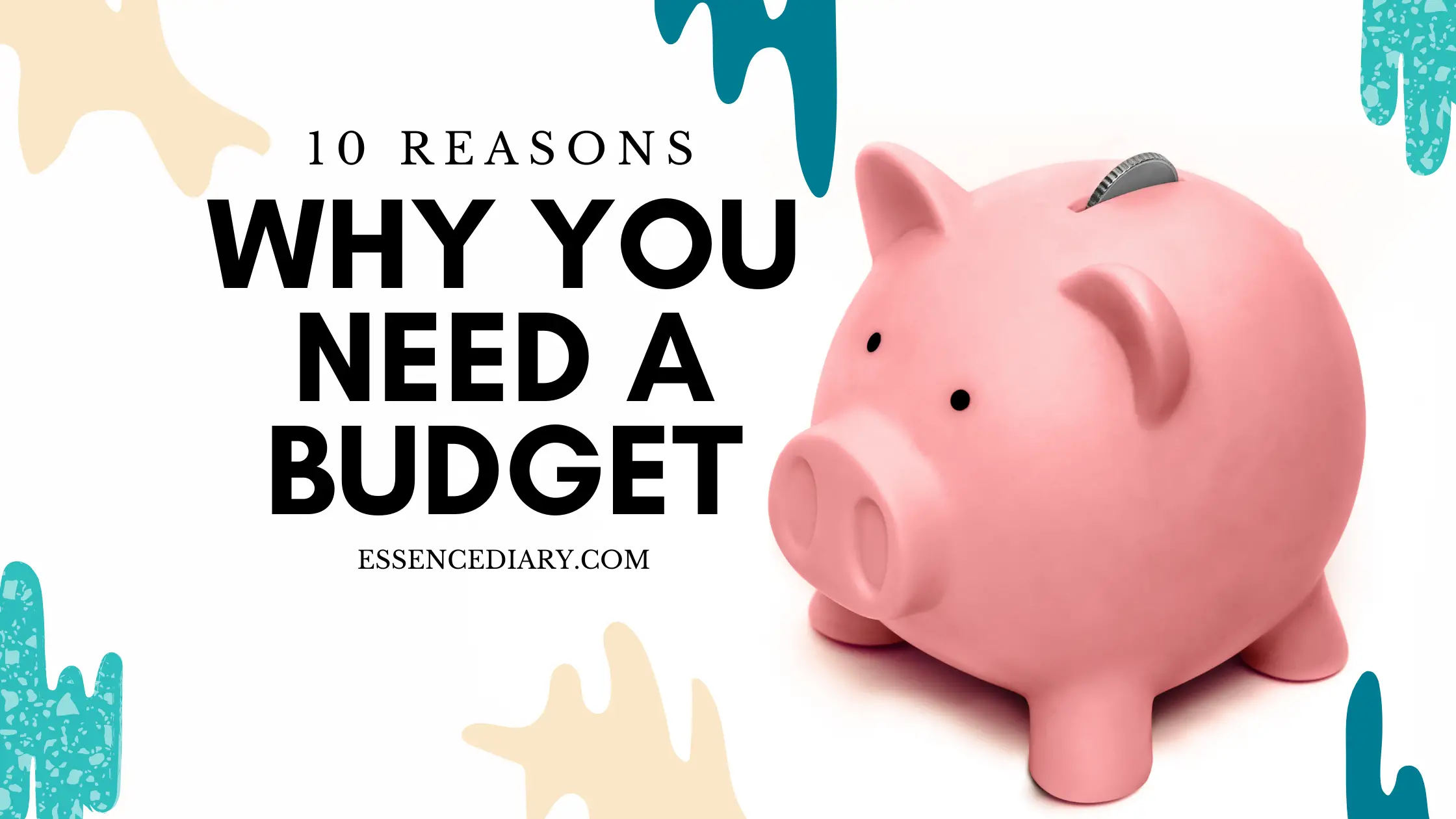

- #You need a budget cost how to
- #You need a budget cost registration
- #You need a budget cost professional

You can use ZOOM to self-produce at a low cost, or some virtual event platforms (like Eventmobi) have built-in DIY live streaming tools that will allow you to create live streams from within the platform. In many cases, there are do-it-yourself design options for the platform, or you may want to have your event space custom-designed to embody the essence of your brand. The costs attributed to each of these line items will vary based on the scale of the event you are organizing.


Expenses for Virtual Eventsįor a fully customized and branded virtual event, there are three common expenses that planners should consider budgeting for: PCMA suggests to spend 55% of your budget on food and beverage, audio visual, and speaker/entertainment in total, because these items have a direct impact on the overall attendee experience. They do, however, care about an overall great experience, and food and beverage is a large component of attendee satisfaction. Attendees don’t care if you pay $240 for a gallon of coffee or $45 per person for a continental breakfast. Your meeting and event is about the attendee experience, so you have to ensure that where you spend your money adds value to your target audience.
#You need a budget cost registration
For example, event registration software can help with marketing and promotion by allowing event planners to automate emails about important speakers and sessions. Note that event technology can be incorporated into all of these common expenses. This chart shows an overview of the most common expenses for meetings and events.
#You need a budget cost professional
ExampleĪccording to a Professional Convention Management Association (PCMA) survey, 36% of all in-person event expenses are for food and beverages (F&B) alone. These costs are calculated on a per-person basis. Variable costs are costs that change based on the number of attendees. These costs are calculated as a total amount. Fixed costs are costs that do not change based on the number of attendees. It’s also crucial to differentiate between fixed and variable expenses or costs. Bear in mind that using an event management platform like EventMobi that offers event apps, virtual event software, and a hybrid event platform can help streamline many of the processes. The expenses and revenues you need to account for will vary depending on whether you are organizing in-person, virtual or hybrid events. One of the key challenges for planners is to ensure that you carefully manage expenses and revenues to achieve the financial goals that have been established by your organization, as well as accurately measure your event success. In addition, you need to distinguish between fixed and variable costs in order to effectively forecast a budget for your next event. When planning a budget the biggest consideration should be which items represent expenses and which are sources of revenue that can cover costs. Event Budget: Quick Steps to Planning yours! Nevertheless, planning your budget with consideration for the most common expenses and revenues is necessary. You won’t be able to forecast all expenses and revenues from the beginning, and some of these could even change over the course of the planning process. Your event budget is really a forecast, or projection, of all expenses and revenues that will incur at your event. For example, a leadership summit is often a loss leader, association events are usually events that break-even, and trade-shows are often the best opportunity to yield a profit.īefore planning your budget any further, you need to understand your organization’s needs. However, determining what financial success means for your event depends on the type of event and objectives. One of the first steps for every event planner is preparing an event p&l budget and predicting as accurately as possible if the event will result in a profit, loss or break-even. Determine What Financial Success Means to You And How It Relates To Your Event Budget Once you’ve developed your budget, you’ll have to track and review it on a regular basis to ensure you stay within the allocated resources. In order to achieve this, you need to list all the possible expenses and revenues that will likely occur from your event. When building your event budget, it’s best to determine what financial success means for your event and how you want to measure it.
#You need a budget cost how to
28% replied that their organization manages resources and processes for themĭownload the free guide Increasing Event App Adoption & Usage, and learn how to develop a winning strategy that will maximize attendee adoption and usage rates at your next in-person event-so you can justify the expense to event stakeholders! What’s the Starting Point of an Event Budget?


 0 kommentar(er)
0 kommentar(er)
